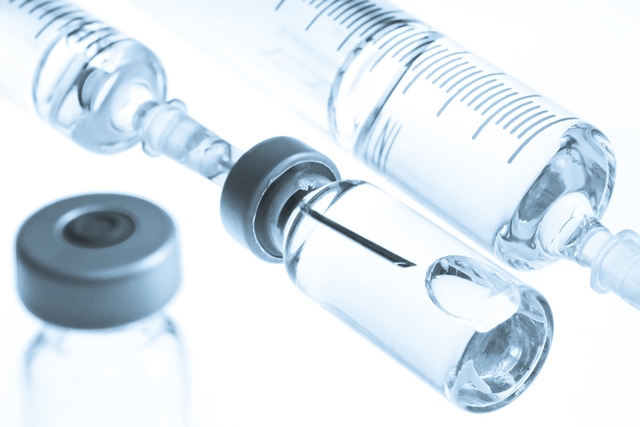Sanofi and the National Institute for Health and Care Research (NIHR) have announced that the first patient has been enrolled in the Hospitalised RSV Monoclonal Antibody Prevention (HARMONIE) study.
The large European interventional clinical study is investigating protection against Respiratory syncytial virus (RSV) in infants. HARMONIE is an open label trial that will evaluate the use of nirsevimab, a passive immunisation, in a broad population. RSV is the leading cause of hospitalisation in all infants worldwide and affects 90% of children before the age of two.
The study has been developed as a collaboration between NIHR, investigators, Sanofi and its clinical research organisation partner, Labcorp. More than 20,000 infants across 3 countries (United Kingdom, France, Germany) will be enrolled from August 2022 to March 2023, of which the majority (up to 12,000) will be UK infants.
The first patient visit took place at Cripps Health Centre at the University of Nottingham, United Kingdom on August 8, 2022. The study will take place across approximately 280 sites, of which around 110 are in the UK. HARMONIE is Sanofi’s first hybrid digital study, and requires only one patient visit.
Dr Simon Royal, primary investigator, honorary assistant professor at the University of Nottingham Medical School and GP at the University of Nottingham Health Service, said: “The HARMONIE study will expand our understanding of how well a one-off injection protects babies from RSV.
“RSV is a major cause of death and illness in children across the world and it is the most common reason for admission to hospital in children aged under one year in the UK. Nearly 80% of the children admitted to hospital with RSV are previously healthy and at certain times of the year, children’s wards are full of babies with disease caused by this virus.”
Professor Andrew Ustianowski, national specialty lead for infection at NIHR Clinical Research Network, said: “This study, supported by the National Institute for Health and Care Research across over 100 sites, provides the UK with the opportunity to lead the way in a disease which impacts infants globally.
“By carrying out this widespread study, we can help discover how babies can be protected from such a common, yet potentially debilitating virus.”
Dr Bogdana Coudsy, global head of medical for vaccines at Sanofi, said: “Given RSV is a leading cause of hospitalisation in all infants, we are excited to start this research that put the needs of participants, carers, and investigators at the heart of its development. This is an innovative study in design and execution, a model for the future, thanks to a hybrid digital design and close collaborative work.”
RSV places a significant burden on families and health services
Globally, in 2015, there were approximately 30 million cases of acute lower respiratory infections. This led to more than 3 million hospitalisations, and it was estimated that there were 60,000 in-hospital deaths of children younger than 5 years. In recent months, there has been a resurgence of RSV following the easing of COVID-19 public health measures.
A peer-reviewed RAND and University of Cambridge report on the burden of RSV estimated that RSV costs the UK £80 million in healthcare costs and productivity losses each year. In 2017, RSV-related direct medical costs—including hospital, outpatient and follow-up care—were estimated at €4.82 billion globally.
A survey of 1,500 UK parents commissioned by Sanofi in 2021 revealed that 83% of parents said infant respiratory infections impacted their mental health, with 4 in 10 (41%) experiencing significant emotional distress.
Nirsevimab is being developed by Sanofi and AstraZeneca.
More information about the trial can be found at http://rsvharmoniestudy.com


